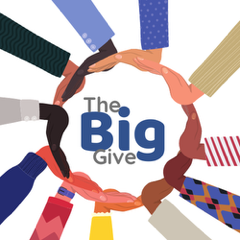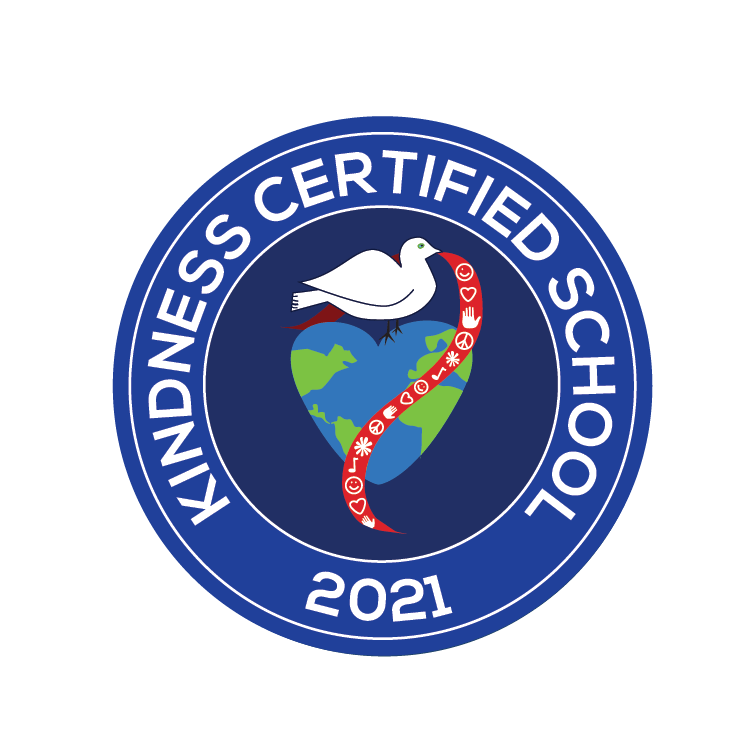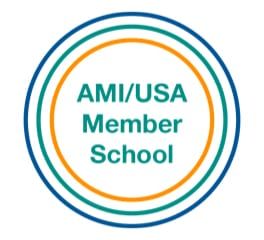Major Grant Will Support Comprehensive Research to Help Determine Impact of Montessori Approach on Student Outcomes
For Immediate Release
American Montessori Society
116 East 16th Street, New York, NY 10003-2163
Contact: Keith Whitescarver, NCMPS Director
Phone: 757-810-3742
E-mail: [email protected]
For Immediate Release
Major Grant Will Support Comprehensive Research to Help Determine Impact of Montessori Approach on Student Outcomes
New York, NY—JUNE 13, 2013— The National Center for Montessori in the Public Sector (NCMPS) has been awarded a $300,000 grant to build a comprehensive database related to the methods and outcomes of Montessori education, which will enable long-term analyses of the impact of Montessori education on the nation’s young people. The grant was made by the Trust for Learning, a new collaborative fund established to support high quality education based on brain science and effective practices in child development. It is among the largest known financial investments in Montessori research.
Richard Ungerer, executive director of the American Montessori Society, of which the NCMPS is an affiliated entity, explains: “The project, titled ‘What, Why & How: A Framework for Advancing Research on Montessori Education,’ aims to answer 4 questions.”
They are:
- Who is providing Montessori education in the United States?
- How do students who receive Montessori education perform on recognized measures of cognitive and non-cognitive skills? Specifically, how do they perform on measures of creativity, social and emotional well-being, self-regulation, collaboration, and standard academic achievement?
- What are the essential features of Montessori learning environments that yield important outcomes and differentiate Montessori from conventional educational approaches?
- How should Montessori be practiced so that its developmental potential is fully realized?
The mixed-method study combines quantitative and qualitative approaches to data collection and analysis. NCMPS senior associate Dr. Jacqueline Cossentino comments, “Our goal is two-fold. First, we want to be able to answer basic questions related to numbers and locations of Montessori students and schools. Second, we want to create a robust platform for documenting the outcomes of Montessori education, so that other researchers can study it.”
“This initial grant from Trust for Learning advances our mission to identify effective approaches and expand high quality learning for all children beginning at the earliest stages of their lives,” says Stephanie Miller, executive director
Montessori education is the largest educational movement in the world, with an estimated 22,000 schools on 6 continents, including 5,000 in the U.S. alone. Yet, for most of its century-long history, Montessori has been largely ignored by educational researchers. In recent years Montessori education has attracted the attention of parents and reformers, and with that attention has come increased interest among scholars.
“This grant will enable those who study Montessori education to examine large data sets to authoritatively answer key questions about the effectiveness of Montessori education,” notes project collaborator Dr. Steve Hughes, director of the Center for Developmental Outcomes in Education. “For the first time, we will be able to say the extent to which Montessori education yields important outcomes for young people across a broad range of indicators.”
Prior studies have documented the efficacy of Montessori education. Most notably, University of Virginia psychologist Dr. Angeline Lillard has published 2 important articles (one in the journal Science) demonstrating significantly better social and behavioral skills as well as academic skills for children attending a fully implemented Montessori program.
Other scholars, including Dr. Adele Diamond, a noted developmental neuropsychologist, and Dr. Tony Wagner, author of Creating Innovators: The Making of Young People Who Will Change the World, have cited Montessori education for its strength in promoting powerful outcomes such as creativity, persistence, and self-regulation.
About the Organizations
The National Center for Montessori in the Public Sector (NCMPS) works to make high-quality Montessori education accessible to all children through public district, magnet, and charter schools. NCMPS provides support through four action areas: Research & Dissemination, Convening & Networking, Advocacy, and Technical Assistance. The executive director is Keith Whitescarver EdD.
The Center for Developmental Outcomes in Education is affiliated with the Association Montessori Internationale and, like NCMPS, works with the schools and individuals across the Montessori movement to document the developmental outcomes of Montessori education.
Trust for Learning is a collaborative fund focusing on three pillars of high-quality early childhood education: start a child’s education in the earliest years, build social-emotional skills along with academic skills, and place the child at the center of the education design. The Harold Simmons Foundation (Dallas, TX) is a participating partner and is the lead on this research grant.





